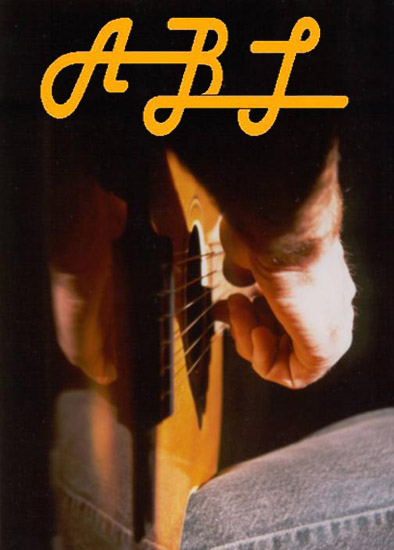|
Column Archive |
||
November, 2004 |
"Networking" |
by Webmaster |
|
Disc Makers Guide to Independent Music Publicity tells us: One easy way to network is to join organizations of musicians like yourselves. Some of the organizations in Colorado are the Colorado Bluegrass Music Society, Swallow Hill Music Association, the Black Rose Acoustic Society, Canon Rose, Buffalo Grass, Colorado Music Association, Colorado Country Music Association, Colorado Country Music Hall of Fame, and the Society for the Preservation of Bluegrass Music. In addition, there are web-based organizations just like this one. North Fork Valley Bluegrass started as a web-based network of performing musicians. I'm sure there are more music societies out there, and if you'd like me to mention yours here, e-mail me by clicking on the link at the top of this column (webmaster) and let me know. Just joining the organization and getting your name and/or your band's name listed is a way of advertising. Getting your events listed on events calendars with other musicians is another way of advertising. Some organizations, such as the Black Rose Acoustic Society, have web-based ways to list your gigs and you don't have to be a member to list them there. If you do join an organization, be sure to use the publicity available to you through that organization. Make it easy as possible to for them to advertise your gigs. (Hint: don't make them do all the work. Many organizations are run by volunteers and they don't have the time or inclination to check your web pages for changes. Help them out by sending them e-mails with your gig info on it.) Joining, sending in your money, and listing your band and gigs is a good first start. You can check the events calendars and see what type of music potential new venues are showcasing. That will give you more leads. And, to check events calendars, you don't even have to join the organization. You can get more out of the organization by putting something into it. Networking is more than joining. It involves going out and talking with folks, folks who are performing, folks who hire talent, folks who like to listen to your music. Fans can be wonderful sources of information about new venues. So can other musicians. If you develop a rapport with other musicians in your genre, you might get the opportunity to fill in for them when they have a schedule conflict. And, you might return the favor sometime by lining up a replacement band that will enable you to take a higher-paying gig and still keep your original employer happy. (Be sure it's someone you can count on to show up. And, be sure you show up if you agree to fill in for someone else.) Last month I talked about donating your time to play benefits and reaping the rewards of that. That involved volunteering your time and the rewards would probably be in the intangible range—they come back to you in unpredictable ways. When I worked in the corporate world, I found myself interviewing potential employees. I did this on a "volunteer" basis (read: after hours, unpaid) for my employer, a consulting firm. As a result, I learned what employers are looking for and how to do well in an interview. I got a lot out of that experience. That was a volunteer experience that had a far more tangible pay back. After I learned how to conduct an interview, I learned how to ace one. I got every contract I interviewed for, after that. Volunteering in networking organizations can have a tangible pay back. You might develop a closer rapport with other musicians, folks who book bands, DJ, folks who provide publicity for bands, and music fans. If you help these folks, they will probably be more likely to help you. Reciprocity is the key here. Good luck with your ventures into networking. If you have any other suggestions, please feel free to e-mail me using the link at the top of this article (webmaster). I'll put your suggestions into the column. Thanks for visiting Acoustic By Lines. |
|||
| TOP | |||

